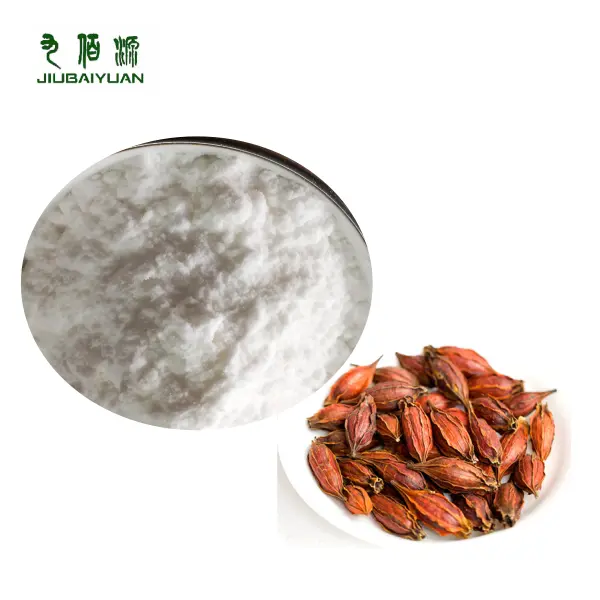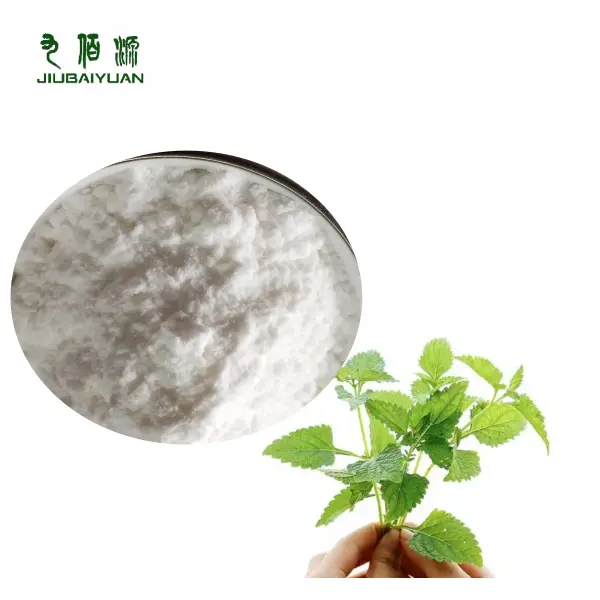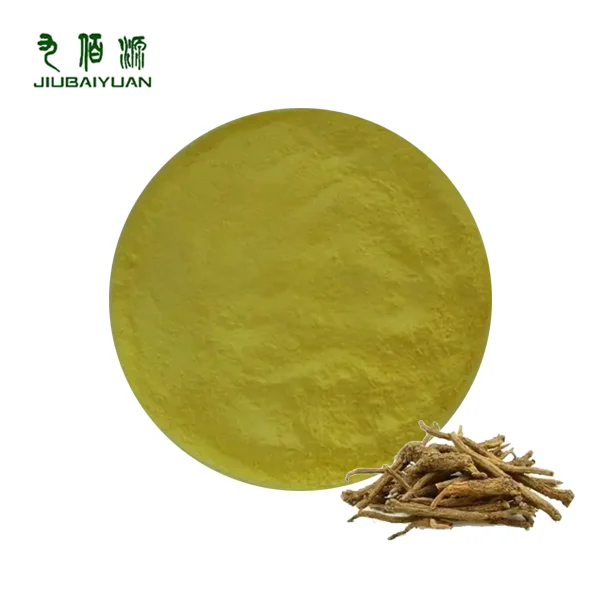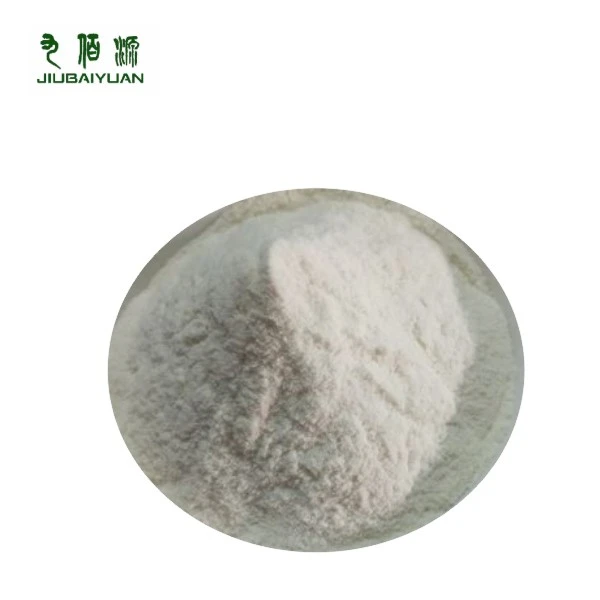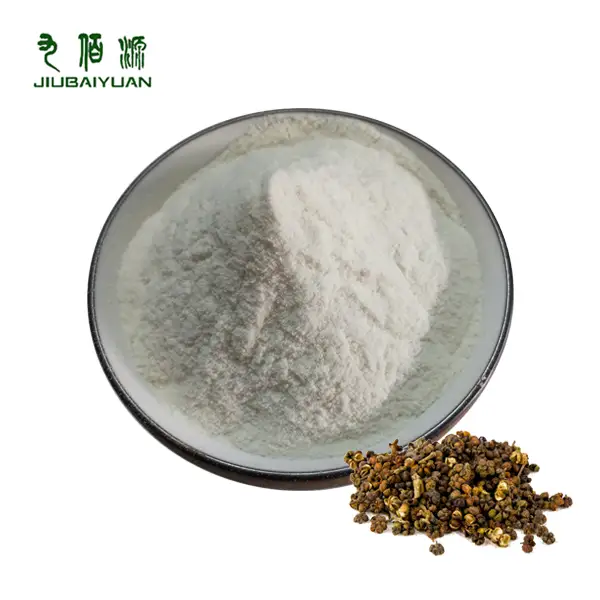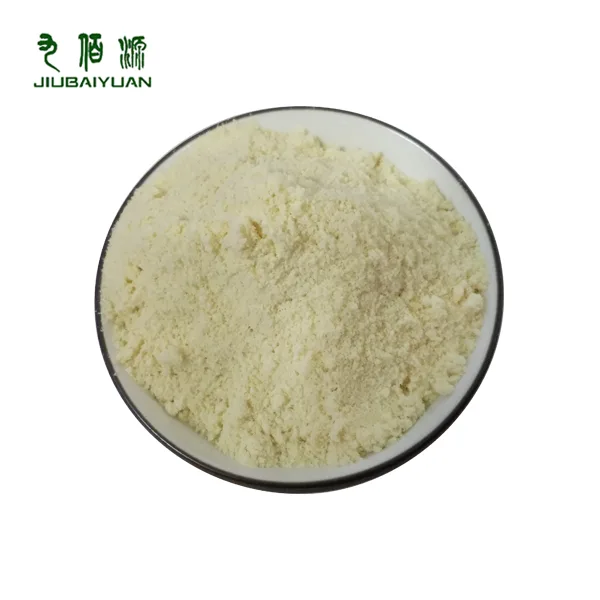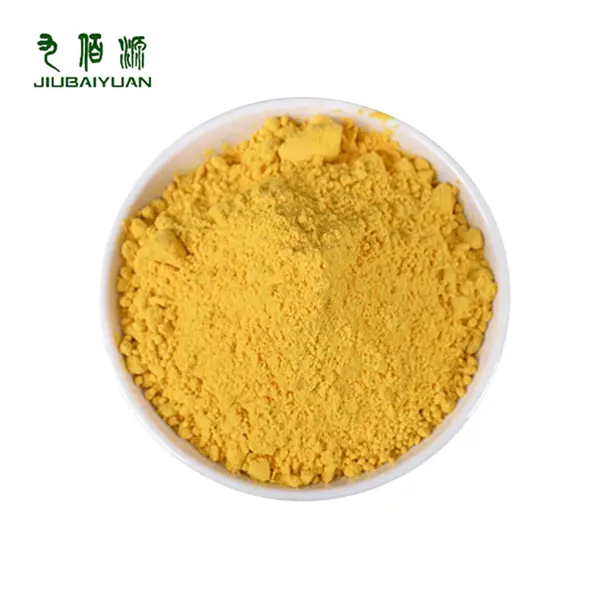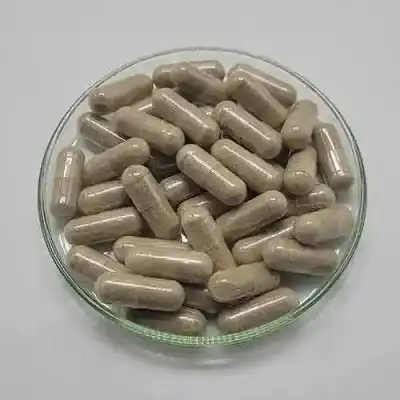What Is Bakuchiol and How Does It Work?

Bakuchiol is a natural compound derived from the seeds and leaves of the Psoralea corylifolia plant, also known as babchi. This purple-flowered plant has been used in traditional Ayurvedic and Chinese medicine for centuries, prized for its healing and anti-inflammatory properties. In recent years, scientific research has unveiled bakuchiol's potential as a skincare powerhouse, particularly in the realm of anti-aging.
At the molecular level, bakuchiol functions similarly to retinol, a derivative of vitamin A known for its potent anti-aging effects. However, bakuchiol achieves these results through a different mechanism. While retinol binds to specific retinoid receptors in the skin, bakuchiol works by influencing gene expression related to collagen production and cell turnover.
When applied topically, bakuchiol penetrates the skin and stimulates the production of collagen and elastin, two proteins essential for maintaining skin's firmness and elasticity. It also promotes cell turnover, helping to shed dead skin cells and reveal fresher, more youthful-looking skin underneath. These actions contribute to bakuchiol's ability to improve skin texture, reduce the appearance of fine lines and wrinkles, and even out skin tone.
Benefits of Bakuchiol for Skincare Enthusiasts
The rising popularity of bakuchiol can be attributed to its myriad benefits for the skin. Here are some of the key advantages that have skincare enthusiasts buzzing:
Anti-Aging Properties
Bakuchiol has demonstrated impressive anti-aging capabilities. Studies have shown that it can significantly reduce the appearance of fine lines and wrinkles, improve skin firmness, and enhance overall skin texture. These effects are comparable to those of retinol, making bakuchiol an attractive option for those seeking effective anti-aging solutions.
Suitable for Sensitive Skin
One of bakuchiol's most notable advantages is its gentleness on the skin. Unlike retinol, which can cause irritation, redness, and peeling, especially in those with sensitive skin, bakuchiol is generally well-tolerated by all skin types. This makes it an excellent alternative for individuals who find retinol too harsh or those looking for a milder anti-aging ingredient.
Antioxidant Protection
Bakuchiol boasts potent antioxidant properties, helping to protect the skin from free radical damage caused by environmental stressors such as UV radiation and pollution. This antioxidant action not only supports the skin's defense against premature aging but also contributes to a brighter, more even-toned complexion.
Acne-Fighting Abilities
Research suggests that bakuchiol may have antibacterial properties, making it potentially beneficial for those struggling with acne. Its ability to regulate sebum production and promote cell turnover can help keep pores clear and reduce the occurrence of breakouts.
Hyperpigmentation Reduction
Bakuchiol has shown promise in addressing hyperpigmentation issues. By inhibiting melanin production and promoting cell turnover, it can help fade dark spots and even out skin tone, resulting in a more radiant and uniform complexion.
Safe for Use During Pregnancy and Breastfeeding
Unlike retinol, which is typically not recommended for use during pregnancy or breastfeeding due to potential risks, bakuchiol is considered safe. This makes it an attractive option for expectant or nursing mothers who wish to maintain an effective anti-aging skincare routine.
Comparing Bakuchiol and Retinol: Which Is Better?
While bakuchiol and retinol share similar skincare benefits, they each have unique characteristics that may make one more suitable than the other depending on individual needs and preferences.
Efficacy
Both bakuchiol and retinol have demonstrated effectiveness in improving signs of aging. A 2018 study published in the British Journal of Dermatology found that bakuchiol was comparable to retinol in its ability to reduce fine lines, wrinkles, and hyperpigmentation. However, retinol has a longer history of research and use in skincare, which may give it an edge in terms of proven long-term efficacy.
Skin Tolerance
One of bakuchiol's main advantages is its gentleness on the skin. While retinol is known to cause irritation, redness, and peeling, especially during the initial stages of use, bakuchiol is generally well-tolerated even by those with sensitive skin. This makes bakuchiol a more accessible option for a wider range of skin types.
Stability and Usage
Retinol is notoriously unstable and can degrade when exposed to light and air. It's typically recommended for nighttime use only, as it can increase skin sensitivity to UV radiation. In contrast, bakuchiol is more stable and can be used both day and night without increasing photosensitivity. This flexibility in usage can be a significant advantage for those with busy lifestyles or those who prefer simpler skincare routines.
Compatibility with Other Ingredients
Retinol can be challenging to incorporate into a skincare routine as it doesn't always play well with other active ingredients. Bakuchiol, on the other hand, is more versatile and can be easily combined with other skincare ingredients, including vitamin C, niacinamide, and hyaluronic acid, without reducing its efficacy or increasing the risk of irritation.
Natural vs. Synthetic
For those who prefer natural or plant-based skincare ingredients, bakuchiol has a clear advantage. As a botanical extract, it aligns well with the growing demand for clean and green beauty products. Retinol, while effective, is typically synthetically produced.
Ultimately, the choice between bakuchiol and retinol depends on individual skin concerns, tolerance, and preferences. Some may find that bakuchiol provides all the benefits they're looking for with none of the downsides associated with retinol. Others might prefer to stick with the tried-and-true retinol or even incorporate both ingredients into their skincare routine for maximum benefits.
As the popularity of bakuchiol continues to rise, we can expect to see more research and innovative products featuring this gentle yet powerful ingredient. Whether you're new to anti-aging skincare or looking to switch up your routine, bakuchiol offers an exciting alternative that combines the effectiveness of retinol with the gentleness of a natural botanical extract.
The skincare landscape is ever-evolving, and bakuchiol stands at the forefront of this evolution, promising a future where effective anti-aging solutions can be both powerful and kind to our skin. As we continue to uncover the full potential of this remarkable ingredient, one thing is clear: bakuchiol is more than just a passing trend – it's a revolution in natural skincare.

References:
- Dhaliwal S, et al. (2019). Prospective, randomized, double-blind assessment of topical bakuchiol and retinol for facial photoageing. British Journal of Dermatology.
- Chaudhuri RK, Bojanowski K. (2014). Bakuchiol: a retinol-like functional compound revealed by gene expression profiling and clinically proven to have anti-aging effects. International Journal of Cosmetic Science.
- Herndon JH Jr, et al. (2021). Bakuchiol: A Retinol-Like Functional Compound, Modulating Multiple Retinol and Non-Retinol Targets. Aesthetic Surgery Journal.
- Draelos ZD, et al. (2020). A double-blind, randomized clinical trial evaluating the efficacy and tolerance of a novel bakuchiol-containing skincare regimen compared with a retinol-containing regimen. Journal of Drugs in Dermatology.
- Goldfaden R, Goldfaden G. (2019). Bakuchiol: A Natural Alternative to Retinol. Journal of Aesthetic & Reconstructive Surgery.
- Akhalaya MY, et al. (2021). Molecular mechanisms of action of bakuchiol in cosmetic products: A comprehensive review. International Journal of Molecular Sciences.
Are you interested in incorporating bakuchiol into your skincare routine? Xi'an Jiubaiyuan Biotechnology Co., Ltd. offers high-quality bakuchiol extracts for use in skincare formulations. For more information about our products or to discuss how we can meet your bakuchiol needs, please contact us at mark@jiubaiyuanbiotech.com Let's work together to create innovative, effective skincare solutions that harness the power of nature.
